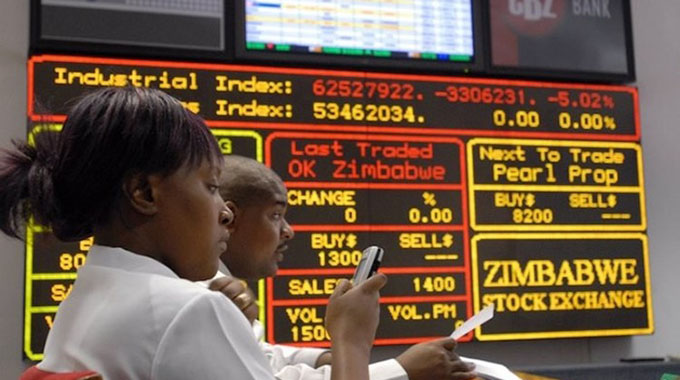Pitfalls of transacting without valuation of shares

Godknows Hofisi
Many times I have been asked by clients to draft agreements for the sale or acquisition of shares. In many such instances by the time the parties to the transaction engage me for the agreements they would have agreed on the purchase price. At times my heart sinks when it is clear one party is unknowingly getting a raw deal. Normally it will be too late or considered improper to advise or offer to carry out a valuation at that point.
It is even made worse when tax implications of the transaction have not been factored in. In a sale of shares the selling investor may have to pay capital gains tax upon selling.
In this article I explain the dangers of transacting without valuation of a business or its shares. The consequences can be so significant.
Valuation of business or shares
I have previously written on the valuation of business or shares. Some of the valuation methods used include:
Discounted Cashflow Method (DCM) which is also known as the Net Present Value (NPV) of future cashflows.
Net Asset Method, which essentially represents residual assets attributable to the owners or ordinary shareholders of the business.
Capitalisation method based on Price – Earnings ratios of comparable businesses.
Similar transactions concluded in the immediate past.
Lessons from valuation of physical assets
Many people transact in different physical assets such as immovable properties or motor vehicles. It is quite common in real estate transactions to make use of property valuers in order to have an idea of how much to expect.
Usually sellers of properties engage property valuers to estimate the value of land and its improvements. By the time the property is being marketed the seller already has an idea of the price range. The same is true for motor vehicles. Sellers usually ask car dealers to estimate a value for them. They may also scan the market of similar vehicles.
Buyers on the other hand also do research and may ask their mechanics to assess the condition of the vehicle and probable estimate a range of values.
Need for valuation of business or shares
The need for a valuation of a business or its shares cannot be overemphasized. Essentially this is meant to avoid groping in the dark when transacting. When transacting one has to be sufficiently informed as regards the price of the shares. From the many mergers and acquisition transactions I have facilitated it is clear price is the deal maker or breaker. Where there is a meeting of the minds on price it is easy for parties to find each other on the other terms and conditions.
A valuation of a business or shares gives a party to the transaction a guide as to the price to negotiate or accept.
In one of my economics lectures many years ago I learnt that, amongst many definitions, “the value of a thing is the cost of not having it”. One may interpret this as implying replacement cost or opportunity cost of giving up or not having the thing. Whatever your interpretation the point of convergence is that there is need to have a correct price when transacting as the party without the thing faces a cost.
Pitfalls of not having valuation of a business or shares
The pitfalls apply to both the seller and the buyer, depending on the circumstances.
Seller
A seller who commits to a transaction without a proper valuation of the goods risks receiving less for the goods sold. Shares are no exception. In the case of shares there are many considerations, some of them not everyday experience. For example, when valuing shares using the Net Assets Method intangible assets such as goodwill may be excluded. This can be prejudicial to the selling shareholder.
I have heard of situations where investors have disposed of their stakes at times for a song simply because they did not want to engage and pay a professional business valuer. Besides loss of value there is also regret and at times bitterness that goes with it. This is why sellers may at times try to renegotiate, reverse or scuttle completion of transactions.
Buyer
A buyer of shares that have not been valued also faces similar financial risks. It is possible to overpay or even buy a shell. Some sellers may sell having projected difficulties in the future such as a dying business or industry. An excited prospective investor can come and splash on such a dying asset only to regret later.
It gets worse when funds used to acquire the shares or business were borrowed or important assets were sold in anticipation of better things to come.
Conclusion
It is a golden rule that when selling or acquiring a business or shares the transaction should be based on a proper valuation. Engage professionals. Do not save little money to lose more. Cheap is expensive.
Disclaimer
This simplified article is for general information purposes only and does not constitute the writer’s professional advice.
Godknows (GK) Hofisi, LLB(UNISA), B Acc(UZ), CA(Z), MBA(EBS,UK) is a legal practitioner / conveyancer, chartered accountant, corporate rescue practitioner, registered tax accountant, consultant in deal structuring and business valuer. He is also a director with Investacare International (Private) Limited. He writes in his personal capacity. He can be contacted on +263 772 246 900 or [email protected]










Comments